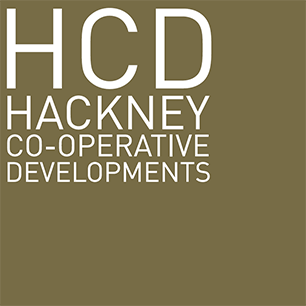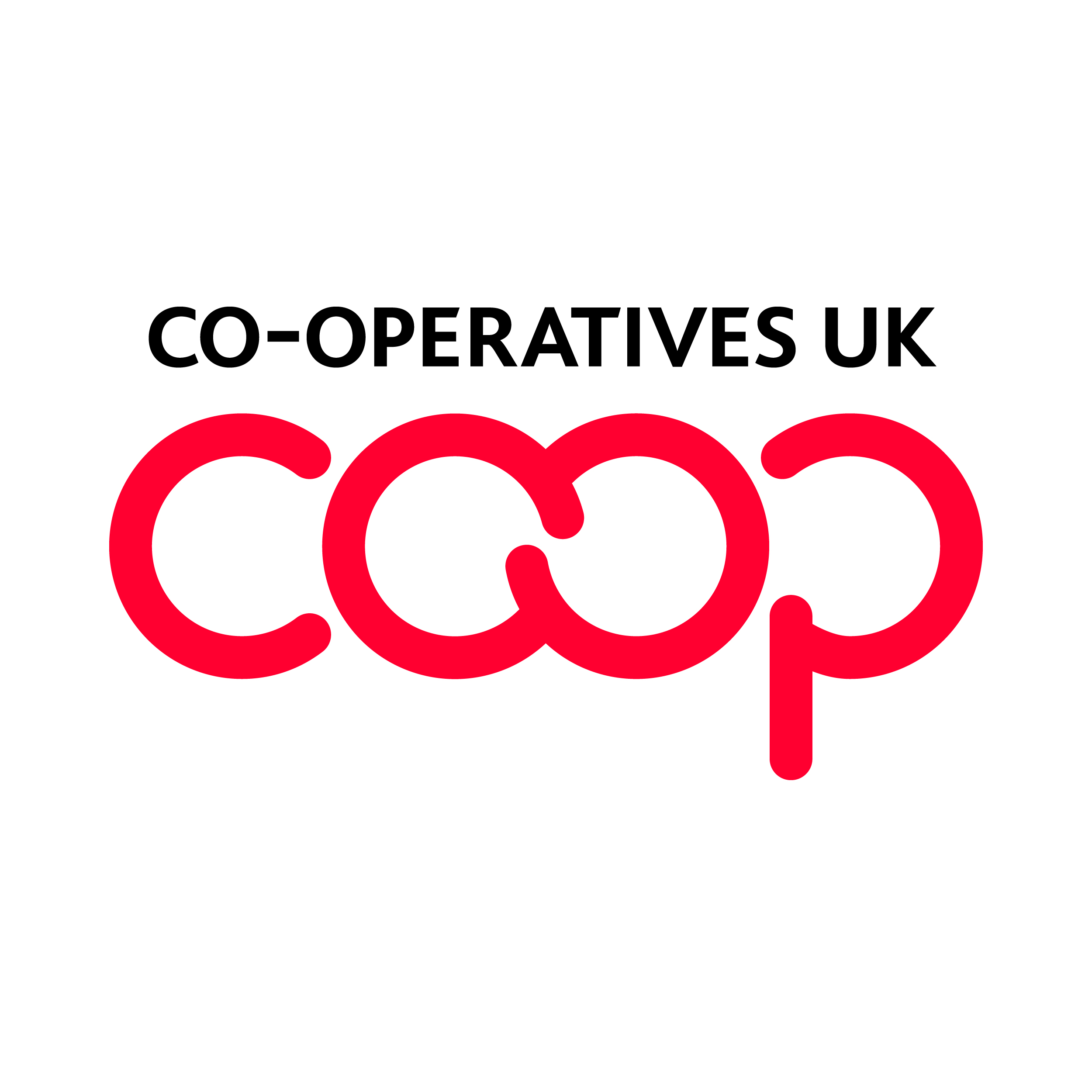What is a co-operative?
A co-op is any trading enterprise that’s jointly owned and democratically controlled by its members, with the purpose of meeting their shared needs, on the basis of a universally agreed set of co-op values and principles.
Those needs may be to do with rewarding work, collective housing, food, distribution, energy – or any challenge of meeting peoples’ requirements for a decent life.
The co-op’s members may be its workers, its tenants, its customers and service users – or even groups of enterprises clubbing together to share services. The members decide how the co-op is run, and they share the benefits. Co-ops focus on how they distribute any surpluses in a fair way, bringing extra value to the members and serving their communities.
What makes co-ops different?
You may have heard about ‘social enterprises’, ‘benefit corporations’ or ‘community businesses’. Co-ops overlap with all of these, but they have some special advantages.
First, they trade to meet the needs and ambitions of their members.
Second, those members collectively own and control the co-op.
This means co-ops are a uniquely powerful way for people to combine together, to improve their lives and reach their shared goals through a trading enterprise.
Our Aims
- TO DEVELOP MORE CO-OPS IN ISLINGTON
- TO CREATE OPPORTUNITIES FOR CO-OP GROUPS AND ENTERPRISES TO SUPPORT EACH OTHER
- TO HELP EXISTING CO-OPS GROW, SOLVE PROBLEMS OR OVERCOME BARRIERS
- TO STRENGTHEN THE LOCAL CO-OP ECONOMY BY CREATING NEW DEVELOPMENT CAPACITY





